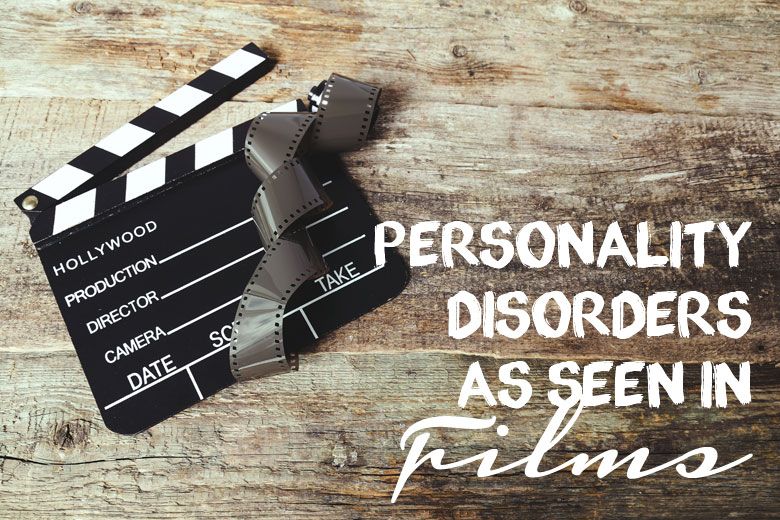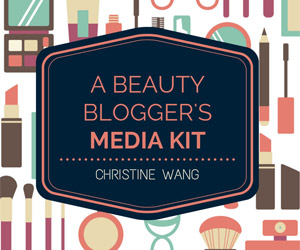A note from Tine: Welcome to another edition of Tim Talks! For those who are new to Beautyholics Anonymous, Tim Talks is a new series on the blog where my husband, Tim, will be sharing his knowledge to help raise mental health awareness. Tim is a psychiatrist who works in metro Melbourne. His area of interest is child, adolescent and youth psychiatry.
To be honest, I’ve never even heard of the term “mindfulness” until about a year ago. I haven’t really heard of people talking about it and then suddenly, every other article in magazines are going on and on about mindfulness. It’s something I’m still learning and if you’re new to it too, I hope that Tim’s explanation on mindfulness will help you understand the concept better. Do approach it with an open mind. I used to think that mindfulness was hokum. It’s not.

In the previous Tim Talks post, I briefly raised mindfulness as a skill that can be useful as we try to deal with stressors in our lives. Before we start looking at mindfulness, I’d like to challenge you readers to recall what you were doing or experiencing in the first five minutes from when you got out of bed this morning. Chances are that most of us would have gone through the motions and would have very limited awareness of what we did in that period of time. Most people refer to this as the ‘auto-pilot’ mode, which I feel can similarly be reflected as a lack of mindfulness.
I hope that this blog post will help give a clearer perspective of mindfulness, its usefulness and applicability.
Is it a spiritual practice or experience?
Although the origins of mindfulness can be traced back to Buddhist practices in relation to meditations, mindfulness training can be applicable to people with or without any religious beliefs. Mindfulness is an effort in consciously focusing the mind in the present moment, adopting a non-judgmental position, and not “clinging” onto the moment. Contrary to this, a lot of us tend to be distracted and consumed by our worries, our past actions and negative thoughts at the expense of not “being” in the moment. An analogy of being mindful is like sitting and watching a conveyor belt going by, noticing what is going by on the conveyor belt but not stopping the belt to closely examine what objects are on the belt.
What skills do I need to learn in mindfulness?
We generally tend to pay more attention to observing and describing our responses when new learning or problem-solving is involved. For instance, most of us can recall our initial experiences of learning to ride a bike for the first time; there is a heightened focus on our surroundings, placement of foot on pedal, our body posture and balancing our weight and so forth. These tend to fade as we start to master the skill and we tend to go into auto-pilot mode. The three key principles in increasing one’s mindfulness is in observing, i.e. attending to emotions and events even if they are undesirable or painful, describing and applying labels to events and personal responses, as well as participating in that response or experience without distraction, with alertness and full awareness.
How do I practice mindfulness?
To start with, it may be useful to practise where there are less distractions, i.e. a quiet space during the earlier hours of the morning. One of the exercises (and there are many different ones, I will put a link below for some of the relevant resources) is to eat a raisin. Before that process, the exercise highlights what we can observe, the appearance, texture and scent, before even putting it in our mouth. Next time when you try this, focus in on the taste, the sensation on the tongue, the sound of chewing a raisin. You’ll be surprised how such a simple raisin can bring such a richness of experience when you focus on that process in that moment. This can then slowly extend to other experiences, such as practising similar observations within the shower, or having a meal, observing our response to music.
How will it help in managing my emotions?
Increasing our observational skills can help us become more attuned to what we are experiencing within our body (from the various sensory feedback). We sometimes tend to ‘clump’ what we sense and feel and think altogether, which may give very confusing and mostly unhelpful links from an experience or thoughts. The other important part of mindfulness is letting these experiences come and go, much like how our emotions can fluctuate from time to time. A helpful analogy is to conceptualise the thoughts and emotions as just passengers on a bus, and they will disembark from the bus as time passes; even the angry and unruly passengers such as disappointment, anger and shame.
What are the available programs with the focus on mindfulness?
There is mounting evidence, where mindfulness has been incorporated into treatments especially for depression, anxiety and in managing distressful emotions. Some of the more known structured treatments include mindfulness-based cognitive behavioural therapy (MBCT) and mindfulness-based stress reduction program (MBSR) for those experiencing depression and anxiety. It is also a core element in programs such as DBT (dialectical behavioural therapy), which is a treatment for people who suffer from borderline personality disorder, or people who have experienced significant past traumas.
Some of the resources that might be helpful to look through are listed below. I have really only just touched on the first concept of mindfulness briefly, I will revisit this topic in future so stay tuned. I would love to hear what your experiences have been of mindfulness so please let me know in your comments below.
As always, I wish you all good mental health.
Useful resources:
Mindfulness: An Eight-Week Plan for Finding Peace in a Frantic World (Mark Williams, Danny Penman)
DBT Skills Training Handouts and Worksheets (Marsha Linehan)
Smiling Mind (app – on Android and iOS)













Hiya,
Thank you once again for a fab post. I’ve just done a Month of Mindfulness for charity (Mindful in May – https://www.mycause.com.au/page/97796/mindyourwaters ), and whilst I was useless at finding time to do it everyday, found it really good – I keep promising myself I will make more of a commitment to it and do it regularly, but life gets in the way (I know, I know!).
Life has gotten incredibly hard (in first world terms) over the past 18 months for me, in ways I never imagined, and I’ll admit at times I have really struggled, this was one way to reconnect with just not being a frazzled ball of stress and sobbing into my pillow every night – just trying to be more simple can really help I found, and just get the world to ‘stop’ for a short time. And I am going to do more of it really. Sometimes the spiral of things just keeps winding faster and faster, and something like this helps you to press the pause button and get a handle on things again.
Anyway, thank you for posting something that I’ve recently found out about via another avenue as well, as I think the more people that know about it, hopefully it can help them a bit too.
And thank you just for another thoughtful, though provoking and interesting read Tim. 🙂